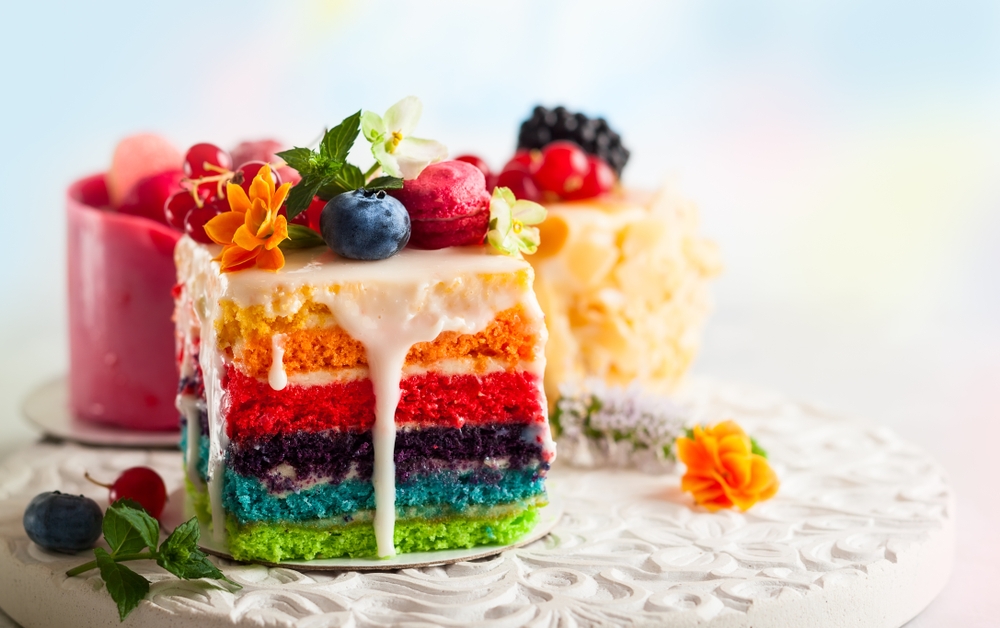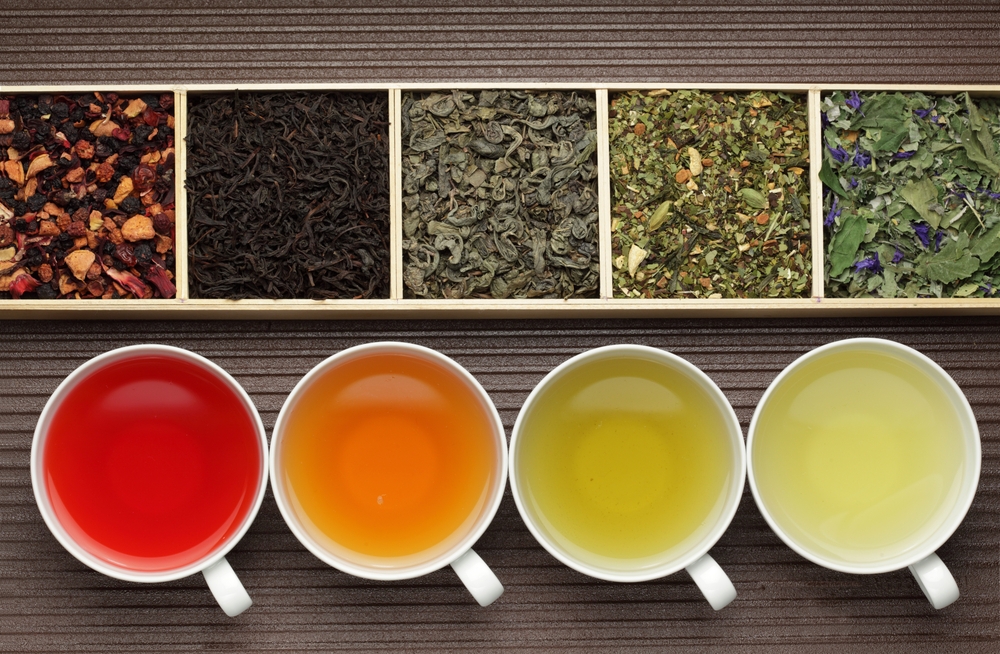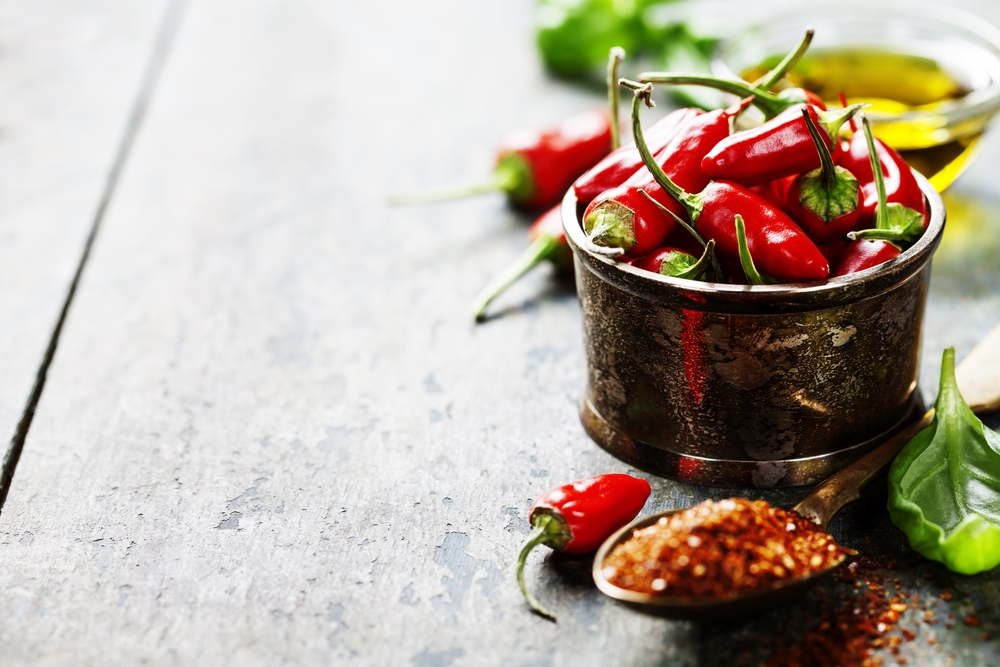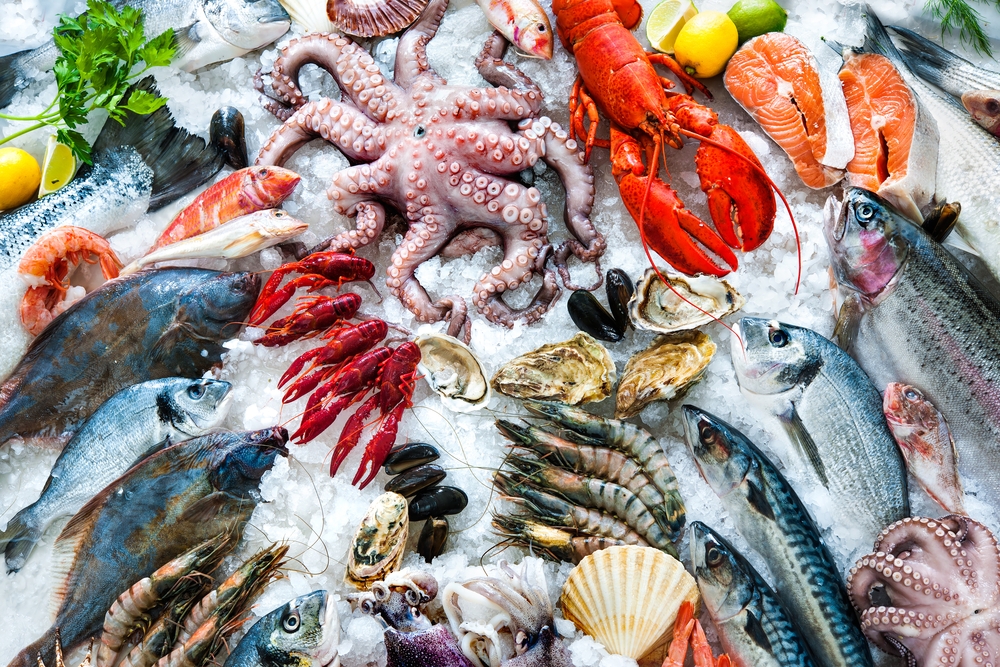
There are many opinions about the relationship between acne and diet.
Some people say that if you have acne, you can’t eat spicy and stimulating food or sweets. Some even say that you can’t eat meat and you can only be a vegetarian.
Which foods do induce and aggravate acne? Should acne patients pay attention to what in diet?
Before answering this question, let’s look at the causes of acne.
First, why does acne grow?
Acne, medically known as acne, is an inflammatory disease that occurs in hair follicles and sebaceous glands, affecting more than 80% of young people.
The main causes of acne include hormone-induced sebum secretion, abnormal keratosis of hair follicle sebaceous gland duct, proliferation of Propionibacterium acnes, inflammatory reaction and immune reaction, etc.
Diet, environment, skin care, spirit and other factors will also play a role.
Attention should be paid to the adjustment of living and eating habits at ordinary times, which is helpful to improve acne and avoid recurrence.
Second, acne, these foods really need to eat less
Studies so far have found that high-sugar diet, dairy products and high-fat diet are all related to acne.
STEP 1 High-sugar diet
High-sugar foods, such as some cakes and milk tea, can cause blood sugar to rise. In order to reduce blood sugar, islets secrete a large amount of insulin and the corresponding insulin-like growth factor secretion will increase. This may lead to hyperkeratinization of hair follicles and sebaceous glands, which secrete more oil and promote acne.
A low-sugar diet will improve insulin sensitivity and further improve acne lesions.
What should I do if I want to drink? Drink green tea! Green tea has high content of tea polyphenols, which can inhibit postprandial blood sugar.

2. Dairy products
First of all, many hormones contained in milk may be related to acne.
Secondly, some factors in milk (especially skim and low-fat milk) will promote insulin secretion, thus further causing acne.
In addition, many studies at home and abroad have confirmed that milk can aggravate acne.
If you want to drink milk, it is suggested that sugar-free yogurt can be considered. If you must drink pure milk, you can consider whole milk, and the daily intake should not exceed 700 milliliters.
Step 3: A high-fat diet
Triglycerides contained in fried food can release saturated fatty acids under the action of Propionibacterium acnes, promote hair follicle keratinization, and further induce acne.
Acne can be improved to some extent after reducing the intake of greasy food.
Step 4: Spicy food

When it comes to dietary control of acne, people often think of eating less spicy and stimulating food first.
However, studies over the years have shown that there is no definite evidence to support the occurrence and aggravation of acne by spicy and stimulating foods, and the relationship between the two may not be significant.
When you eat spicy and stimulating food, if you find acne aggravating, then avoid it. If it is not aggravated, there is no need to avoid it deliberately.
5. Other foods
There are also some foods, and it is suggested that acne people should also take them moderately.
For example, beef and mutton (beef and mutton contain high palmitic acid, which can aggravate inflammation), staple foods such as rice (more carbohydrate), coffee (less Italian, American without milk), etc.
Three, what? Is eating seafood conducive to acne recovery?

Fish and seafood contain more unsaturated fatty acids, which can inhibit the release of proinflammatory factors, inhibit hair follicle keratosis and reduce the incidence of acne.
Foods rich in vitamin A, such as carrots, broccoli, cantaloupes, etc., and foods rich in zinc, such as shelled seafood, nuts, animal viscera, etc., also have the effect of improving acne.
Generally speaking, paying attention to diet is only an auxiliary means. If you want to get effective treatment, you should still go to the dermatological department of a regular hospital and let the doctor make specific plans according to the specific situation.
